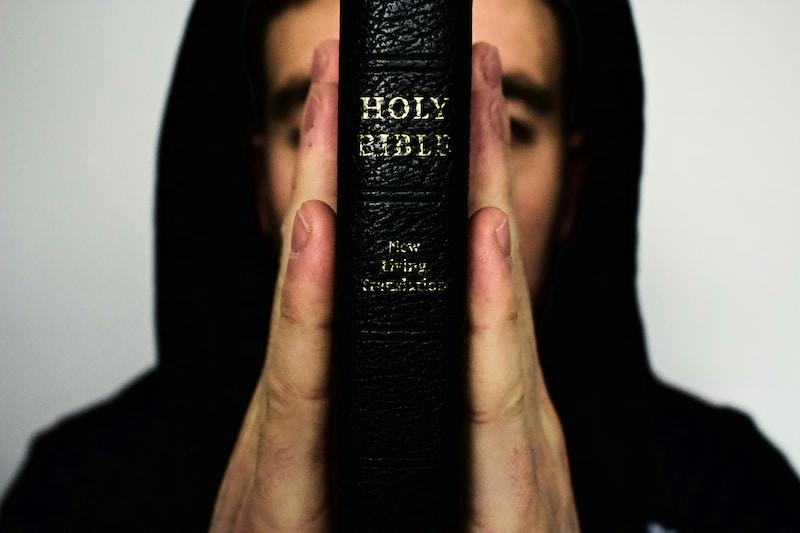|
|
This week I received the gift of eating dinner with a veritable who’s who of socially conscious evangelical Christians. Jim Wallis, former spiritual advisor to Barack Obama and founder of Sojourners magazine, was in the room. Ruth Lewis Bentley, cofounder of the National Black Evangelical Association. Ruth Padilla DeBorst, reconciliation activist and daughter of liberation theologian René Padilla. Ben Lowe, executive director of A Rocha. Kimberlee Johnson, activist and dean of Palmer Theological Seminary. Nikki Toyama-Szeto, director of Christians for Social Action. I sat at a table with Soong-Chan Rah, theologian and author of some of my favorite books.
You get the idea. Enough name-dropping.
Here’s my point: these people exist. People who still (mostly) use the word evangelical and who work together in economically, educationally, racially, ethnically, theologically diverse groups with the common interest of addressing social injustice. They do so because they believe that’s what evangelical Christians do.
What brought this bunch of people together was the commemoration of a document written fifty years ago. The document, called A Chicago Declaration of Evangelical Social Concern (“Chicago Declaration” for short), confessed Christian complicity in injustice and called upon believers to eradicate materialism, racism, sexism, and militarism. The document was co-authored over a three-day period by 52 people, about as many people as joined our dinner on Wednesday. The authoring group included an unprecedented diversity of theological conviction, age, gender, and ethnicity for their time.
I’ve read about this document in history books, and usually it’s dropped within a longer narrative of how a spark of the civil rights movement engaged Christians in the 1960s and 70s then burned out and disappeared. But last Wednesday over dinner, as I listened to people recalling stories of the ripple effects of humble people working in a common direction for decades, I could feel that the spark never stopped burning. “There’s a witness in every generation,” one woman stood and said to the group.
As our evening progressed, we moved from dinner to a larger event for the public. Historians and original signers of the Chicago Declaration shared stories about the context and legacy of the document over the last fifty years, and leaders and professors shared reflections on how to move forward from here.
|
Ruth Lewis Bentley. Imagine from Wheaton Magazine. |
My favorite moment of the event came when Ruth Lewis Bentley, 89-year-old cofounder of the National Black Evangelical Association and emeritus trustee of Wheaton College, took the stage. Waving her microphone as she spoke and apologizing for her momentary lapses in memory, she stole the hearts of the audience. When the interviewer asked what challenges Christians face as they live in accordance with the document today, she replied with simultaneously sweet and sharp simplicity, “Do y’all read the news?”
Later Ms. Bentley mentioned that Donald Trump claims to be an evangelical Christian. “You all should be saying something about that,” she cajoled with the voice of a lovingly scolding mother. “Some people should be saying, ‘That’s not us.’”
In decades past, she said, the National Black Evangelical Association became frustrated that news writers would write about “evangelicals” as a whole, not differentiating White from Black or politically left from right. “We went to the media and said don’t say ‘evangelicals,’ say ‘White evangelicals,’ because that’s not us.” And they got results—news writers learned that not all evangelicals share common social positions or political views. People need to hear that today, too, Bentley urged.
Like most people at this event, I have mixed feelings about the word evangelical. As an anthropologist, I know that words take on the meanings people give them whether so-called “experts” want them to or not. In recent decades, evangelical in popular usage has taken on connotations of Republican, racist, and sexist. Those connotations are not without reason—statistics and weighty incidents show that these correlations exist. And yet evangelical in its theological roots simply means spreading good news—specifically the good news that God comes near to people out of love, sacrifice, and compassion.
The college I work for uses the word evangelical in its branding. The history of the college bears out examples of both the ugly and the beautiful meanings. What I saw in the room this week, though, was that there’s a groundswell of people who won’t stand by silently while people calling themselves evangelical multiply injustices. They’re committed to demonstrating, “that’s not us.”
If you call yourself Christian (evangelical or otherwise), I hope you take seriously the weight of that label. If you’ve been hurt by Christians, I hope you can find folks who live out that label in better ways. I’m convinced they’re out there. I’ve seen them.
|
|
P.S. I encourage you to read the whole Chicago Declaration and share it. I’ll leave you, also, with this blessing, read at the close of the event.

